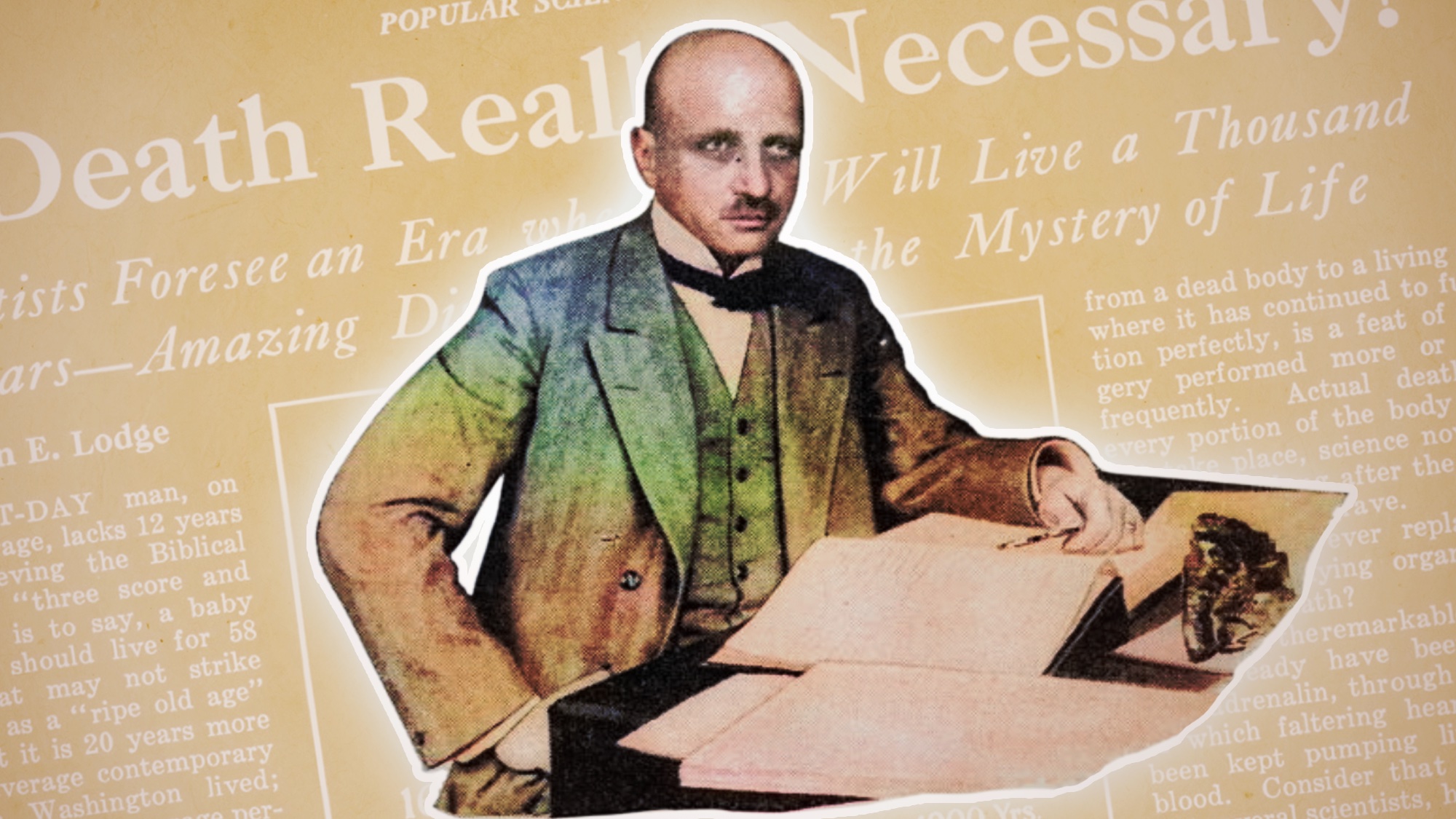Now Reading: 100 Years Ago, Scientists Predicted Lifespans of 1,000 Years
-
01
100 Years Ago, Scientists Predicted Lifespans of 1,000 Years
100 Years Ago, Scientists Predicted Lifespans of 1,000 Years

Quick Summary
- Historical Revelation of Insulin: In 1921, Canadian doctor Frederick Banting discovered how to isolate insulin from animals, substantially improving diabetes treatment and saving lives.
- Advances in Medicine Over Time: over the past century, medical breakthroughs like vaccines, vitamins, anesthesia, and antibiotics have extended average lifespans and improved life quality.
- Current Longevity Research: Modern efforts include gene editing, cellular reprogramming, and drug growth (e.g., metformin), aimed at slowing aging or extending lifespan. Experiments on mice have shown promise with techniques like blocking proteins (interleukin-11) or transferring longevity-associated genes from long-living species.
- Challenges Ahead: Despite advances in labs with short-lived organisms like mice, translating these findings to humans involves significant scientific complexity.Ethical and social questions about accessibility and societal impacts remain unaddressed.
- Improvements So Far: Human average lifespan increased from 58 years in 1925 to 78.4 years today in the US due to incremental medical progress.
!The June 1925 issue of Popular Science questioned death
image Source: Popular Science
!Longevity increased greatly over 300 years
Image Source: Popular Science
Indian Opinion Analysis
India stands at a unique crossroads where advancements in global health research can directly address pressing domestic needs. The historical impact of breakthrough treatments (like insulin) highlights the importance of fostering homegrown scientific innovation while adapting noteworthy external developments for wide-scale implementation across its vast population.
For India-where noncommunicable diseases such as diabetes are growing public health concerns-research into anti-aging therapies also presents potential avenues for tackling related chronic conditions. However, equitable access poses a significant challenge in a country marked by socioeconomic disparities between urban centers and rural areas.
India must engage deeply with ethical debates on longevity research as it learns from global discussions. Policymakers would need careful frameworks ensuring that new-age therapies do not disproportionately benefit only privileged sections while leaving behind vulnerable communities already battling limited healthcare access.



























